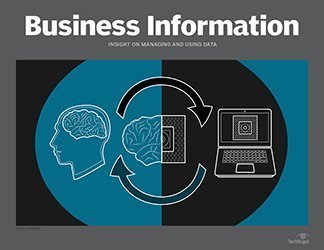PRO+ Premium Content/Business Information
Access your Pro+ Content below.
AI functionality limited today but could be a game-changer

This article is part of the Business Information issue of February 2018, Vol. 6 No. 1
Take a look at the range applications we call artificial intelligence today, and you're likely to notice that the technology is not very useful. That's not to say engineers and programmers haven't made huge strides in recent years, developing deep learning algorithms capable outperforming humans in diverse tasks from image classification to strategic game playing. But problems occur when developers try to connect AI functionality to business processes. Developers are increasingly finding that, in the real world, AI functions differently than it does in training environments. Though industry people are very excited about AI, and the hype surrounding the technology has grown significantly, enterprises might have to wait a while before they see truly game-changing tools. Take, for example, chatbots. These natural language processing-powered algorithms are popping up everywhere, from online ordering systems to smart assistant platforms. They represent some the more advanced and usable tools in the AI world right now. But when it ...
Features in this issue
-
Big data throws bias in machine learning data sets
AI holds massive potential for good, but it also amplifies negative outcomes if data scientists don't recognize data biases and correct them in machine learning data sets.
-
AI functionality limited today but could be a game-changer
Limited AI capabilities could soon give way to technology that is truly transformative for enterprises, surpassing the overhyped functionality that we see today.
Columns in this issue
-
AI technologies have come far, but the road is long
Machine learning and other artificial intelligence technologies are poised to offer businesses big benefits, but companies have to walk before they run with AI.
-
Cognitive computing in healthcare mends doctor-patient gaps
Cognitive computing and healthcare data aggregation may prove to be important bedside companions to doctors treating their patients in the era of medical specialization.
